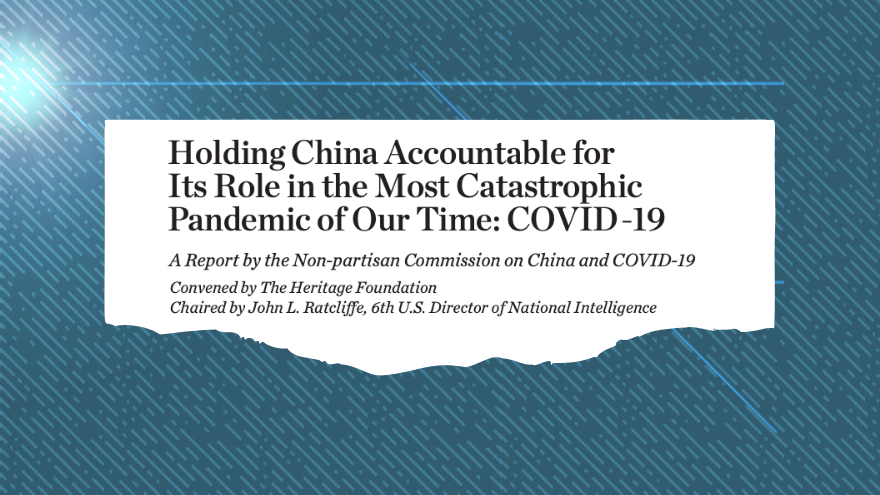The 521-page report, which includes hundreds of figures and a detailed analysis of excess mortality across 125 countries representing approximately 35 percent of the global population, argues that excess all-cause mortality during the Covid years is “incompatible with a pandemic viral respiratory disease as a primary cause of death.” The study, authored by Denis G. Rancourt, Joseph Hickey, and Christian Linard, identifies three primary causes of death associated with excess all-cause mortality:A new study published on July 19 challenges the prevailing narrative about the primary causes of excess mortality during the COVID-19 pandemic from 2020 to 2023.
The researchers estimate that more than half of the global excess deaths — around 57 percent — are attributable to COVID-19 vaccines, adding that the vaccines are associated with 16.9 million deaths. “We understand the Covid-period mortality catastrophe to be precisely what happens when governments cause global disruptions and assaults against populations,” the authors stated. Moreover, the study finds no evidence of mass vaccination with COVID-19 shots “ever being associated with reductions in excess all-cause mortality, in any country.” The authors suggest that the hypothesis attributing global excess mortality to a viral respiratory disease, “although believed to be supported by testing campaigns, should be abandoned.” The researchers highlight inconsistencies that undermine the theory that COVID-19 alone was responsible for the surge in mortality. For instance, they note the near-simultaneous onset of surges in excess mortality immediately following the World Health Organization's declaration of a pandemic, with no such surges occurring prior to the announcement. The report also points out that during the pandemic era, data was skewed due to testing policies and the medical community's focus on COVID-19 at the expense of other health factors. “You can only see what you look for (if the test is reliable), and you can’t see what you don’t look for,” they wrote. “A similar situation appears to apply to the 1918 pandemic, in which virtually all excess mortality was associated with respiratory conditions or infections (autopsy confirmed as bacterial pneumonia), whereas the primary cause of death in excess all-cause mortality would have been the conditions imposed by the First World War, in the post-war socio-economic adjustment circumstances,” they added. The authors concluded:
We are compelled to state that the public health establishment and its agents fundamentally caused all the excess mortality in the Covid period, via assaults on populations, harmful medical interventions and COVID-19 vaccine rollouts. We conclude that nothing special would have occurred in terms of mortality had a pandemic not been declared and had the declaration not been acted upon.
The study was presented by Correlation, which describes itself as "a registered not-for-profit organization conducting independent scientific research on topics of public interest."
The three authors of the study — Denis Rancourt, Joseph Hickey and Christian Linard — serve as associate researchers for Correlation.
Both Rancourt and Hickey hold PhDs in Physics from the University of Toronto and the University of Calgary, respectively. Linard, who has a PhD in biochemistry from the Université de Montréal, has served as the scientific director of the Scientific Laboratory of Food Intolerances (LSIA) and worked as a full-time professor at the Université du Québec à Trois-Rivières since 1994.

